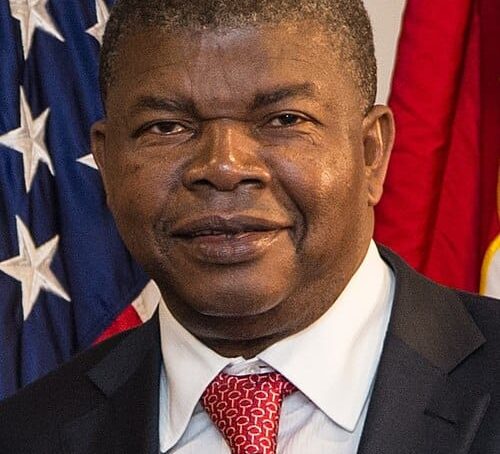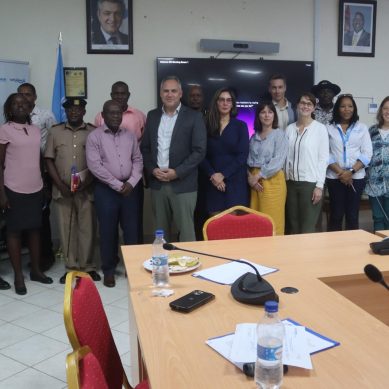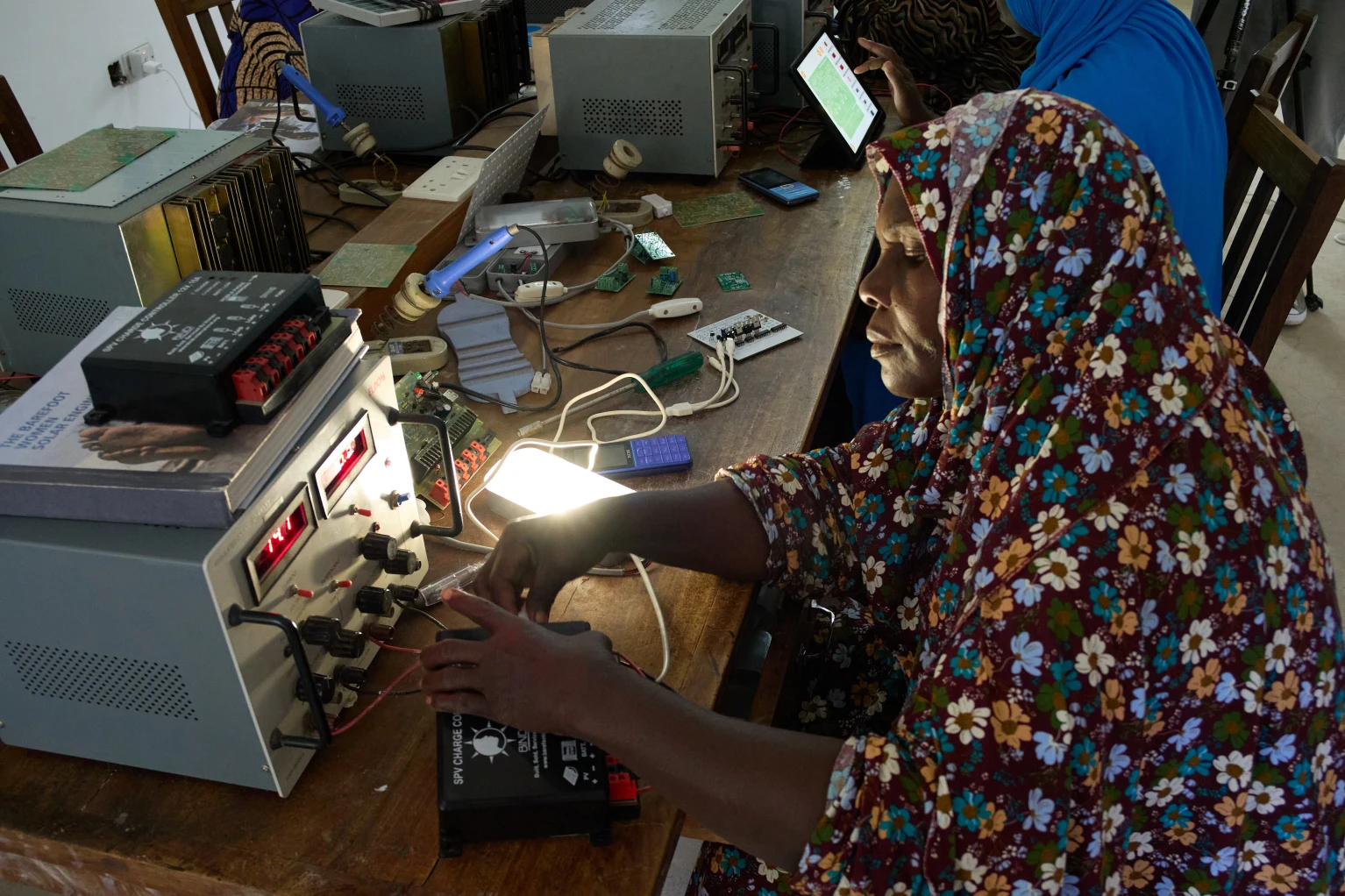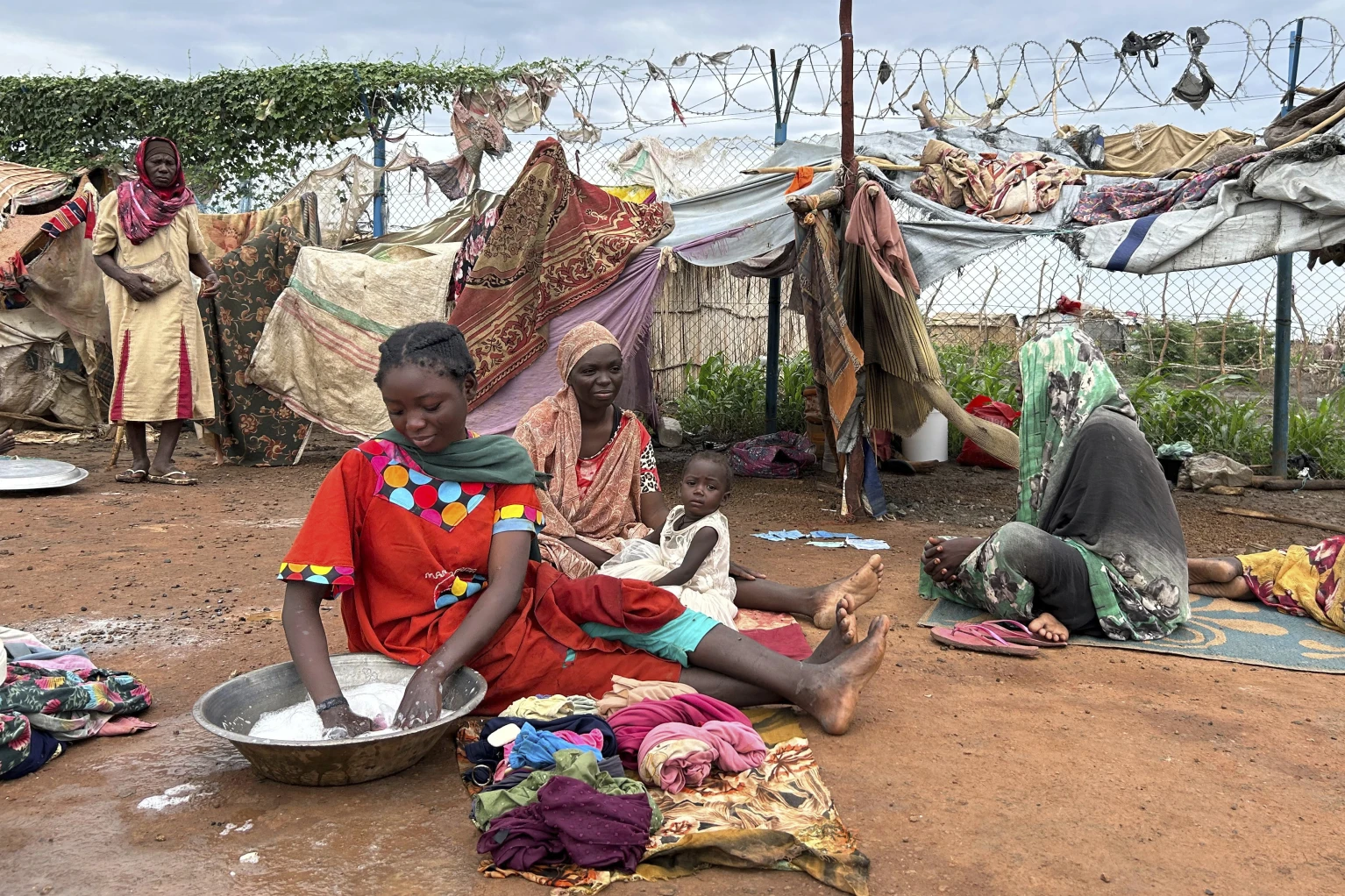
Africa faces an annual infrastructure financing gap of more than $100 billion as it gears up to mobilise $1.3 trillion required to implement its continental power systems masterplan (CMP) for an African single electricity market by 2040.
Angola president, who is the current chair of African Union João Manuel Gonçalves Lourenço while speaking at the African Union handing over ceremony in March 2025, announced that infrastructure financing was key. Consequently, he pointed out, he had placed it at the heart of his continental agenda in the coming October 23-24, 2025, summit to be held in Angolan capital, Luanda.
President Manuel said, “Infrastructure remains to be one of our essential pillars of the African Union’s Agenda 2063. We need to put together our financial resources to enable us to achieve our goals – from roads and railways to ports, power lines, and digital networks. As the African Union chair, I have called on the commission to convene a continental infrastructure conference in October 2025 to drive investment agenda and connect Africa for trade, innovation and prosperity he said.”
The African Union Development Agency (AUDA-NEPAD) and African Union Commission (AUC) together with government of Angola will be Africa’s biggest infrastructure financing summit to deliberate how best the continent can improve its infrastructure. It is hoped that the continental masterplan will be able to solve the problem of more than 600 million Africans who are not connected to electricity.
The summit will further focus on Africa’s ongoing quest for universal energy access. Through PIDA energy projects, the African Single Electricity Market (AfSEM) and the continental power systems masterplan, the summit will also explore mechanisms to finance initiatives designed to close energy access gaps in the continent.
Programme for Infrastructure Development in Africa (PIDA) alone requires $16 billion annually to deliver transformative, cross-border projects that deliver the continent’s industrial, trade and energy ambitions by 2030.
Following the momentum of earlier meetings, including the 2023 Dakar (Senegal) infrastructure financing summit, this year’s gathering is part of the wider continental effort to tap investments and partnerships in support of the African union’s agenda 2063 infrastructure aspirations under the framework of Programme for Infrastructure Development in Africa (PIDA).
The coming Luanda summit will address the financing gap through curated deal rooms and investment pitch sessions, where African governments and institutions will present infrastructure portfolios to potential investors, with the goal of securing capital commitments for regional corridors, power generation and transmission, logistics platforms and digital backbones.
Strategic corridors such as the Lobito Corridor, Lamu Port South-Sudan-Ethiopia-Transport (LAPSSET) Corridor Programme and the Dakar-Bamako-Djibouti route will feature as integrated models combining infrastructure, trade and industrial development.
The summit will also advance engagement with philanthropic organisations and climate-aligned capital to co-invest in sustainable energy infrastructure, particularly in underserved regions, building on the Nairobi Roadmap adopted by AUDA-NEPAD, the African Union Commission, the trade and development bank, and the African development bank.
The gathering also coincides with the PIDA mid-term review, a significant milestone that will assess progress and provide strategic direction for the second half of the PIDA PAP 2 cycle.
The event will elevate discussions on project preparation and early-stage support, particularly through mechanisms like AUDA-NEPAD’s service delivery mechanism that will assist countries fast-track infrastructure development and unlock investment-readiness.
As the continent, positions itself to lead in the global digital and artificial intelligence (AI) revolution, the Luanda summit will examine how digital infrastructure, fintech and artificial intelligence can drive smarter planning, enhanced service delivery and greater financial inclusion.
With industrial growth corridors dependent on data, energy and mobility, the summit will explore pathways to digitally enabled industrialisation powered by regional integration under the AfCFTA.
Also to be discussed on the summit’s agenda will be water security and infrastructure with attention to sustainable financing for trans-boundary water resource management and climate adaptation infrastructure. In parallel, the summit will highlight the imperative of mobilising domestic capital.
With over $70 billion in African pension and sovereign wealth funds available annually, new public-private cooperation models will be explored to unlock these resources for long-term infrastructure investment.
Attention will also be given to innovative financing mechanisms, including blended finance, project bonds, and risk mitigation tools. Importantly, this continental momentum aligns with Africa’s positioning on the global stage.
Under South Africa’s G20 presidency in 2025, Africa has a unique opportunity to elevate infrastructure financing and energy access as global priorities.
The Luanda summit will serve as a key African platform feeding into global dialogues and reaffirming Africa’s leadership in proposing solutions that work for the continent and for the world. Similarly, summit will call for greater access to just climate finance, while showcasing investment-ready green projects across transport, energy, digital and water sectors.
Registration for the Luanda Infrastructure Financing Summit, as well as opportunities to showcase projects and partner with the organisers will open in coming weeks. Further details on participation, side events and exhibition platforms will be announced soon on the official event page.
– A Tell Media report / By Isaiah Wakhungu Andanje








